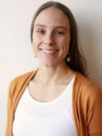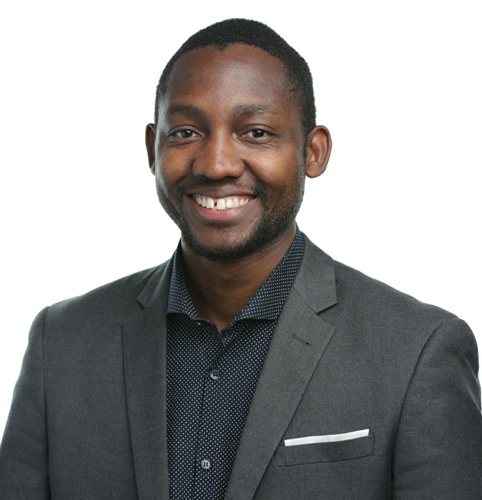MISH - Managing innovation for sustainable health, leadership program for managers in DRC, Uganda and Somalia
Program period: 2 September 2024 – 30 May 2025
The application period for above course round has expired.
The program is free of charge.
Do you want to strengthen your ability as a manager to ensure good health and well-being by working with a more holistic, evidence-based, collaborative and innovative approach? Are you based in the Democratic Republic of the Congo (DRC), Uganda or Somalia? Join the online leadership program Managing Innovation for Sustainable Health!
About the MISH program
Program format
- Online interactive real-time workshops and group work
- 20% speed
- A regional study trip will be organized in April/May 2025
- You can find a short video clip from a study visit in Kampala here (Link to Youtube)
Topics include:
The 2030 Agenda and Sustainable Health in Fragile Settings - Why innovation?
- What is sustainable health and how can it be achieved - globally, regionally and nationally – in collaboration.
- How is health delivered today and what can be improved?
Multisectoral Collaboration and Implementation Science for Successful Innovation
- How to systematically bridge the know-do gap by identifying and addressing barriers that slow the uptake of evidence-based health interventions .
- How to utilize proven health interventions and evidence-based practices by choosing the right implementation strategies?
- How to effectively collaborate across sectors to address a sustainable health issue.
Creating and Managing Innovation in Your Organization
- What is innovation really, why is it important and how can it be a useful tool?
- Innovation management – how to facilitate innovation in your organisation and projects?
Overall Intended Learning Outcomes
Upon completion of this program, participants are expected to be able to:
- Reflect on how innovation can lead to sustainable health in one’s local context and its impact on developing resilient health systems in close collaboration with other sectors
- Analyse implementation science and multisectoral strategies including key barriers and enablers
- Evaluate current innovation and management practices in a specific organisation or project
- Design an innovation project in one's own organisation
Based on the 2030 Agenda, the aim of the program is for participants to develop their capacity to successfully collaborate across sectors and use an innovative approach to strengthening both preventive and curative health care in the DRC, Uganda and Somalia.
The program is developed and organised by Karolinska Institutet, Makerere University, Benadir University, University of Kinshasa School of Public Health and the innovation company Tinkr within the Centre of Excellence for Sustainable Health
This program targets first and foremost managers representing the public sector, who are crucial to the delivery and improvement of the health system in Democratic Republic of Congo, Somalia, and Uganda. However, as multisectoral collaborations and perspectives are crucial to sustainable health, we will select a few participants from other sectors as well.
- Policy makers and civil servants from public sector organisations at national, regional, and local levels are especially encouraged to apply
- Managers representing civil society organisations, or private sector organisations (e.g. NGOs or privately-run universities and hospitals) or academia.
As one of the aims of the training program is to learn from each other, we will select a diverse group of participants regarding gender, age, background (professional and personal), as well as roles and responsibilities. Ten participants from each country will be selected. Although the majority will be from the public sector, other sectors will be represented as well.
In light of the recent health challenges, from Covid-19 to climate crisis, it has become more clear than ever how we need a holistic approach to the delivery of health — highlighting the need for innovation, multisectoral collaboration, and the ability to adapt. This requires new ways of working, to strengthen the way we manage and organize our operations in and around the health sector.
We want to support you in your role by strengthening your ability to work systematically, collaboratively, and through innovation, using the evidence to achieve the 2030 Agenda – by addressing the challenges that managers and organizations face. It will strengthen your ability for more strategic decision-making regarding SDG 3, bridge the gap between what we know and effective action, lead and facilitate innovation projects, as well as meet the challenges, and take advantage of the opportunities that lie in multisectoral collaboration. The aim is to increase the impact and value of your efforts – in collaboration with others.
After completion, you will receive a certificate and become part of an international network of academics and practitioners representing a wide range of stakeholders working towards sustainable health.
Contact
Susanna Sjunneryd
Project Coordinator
Karin Båge
Project coordinator
